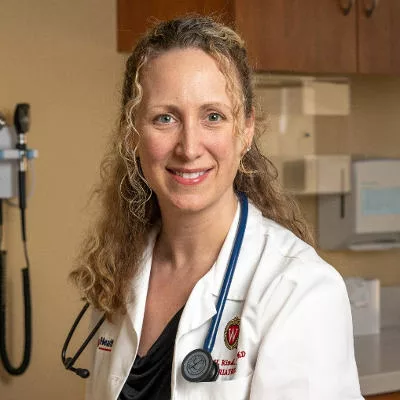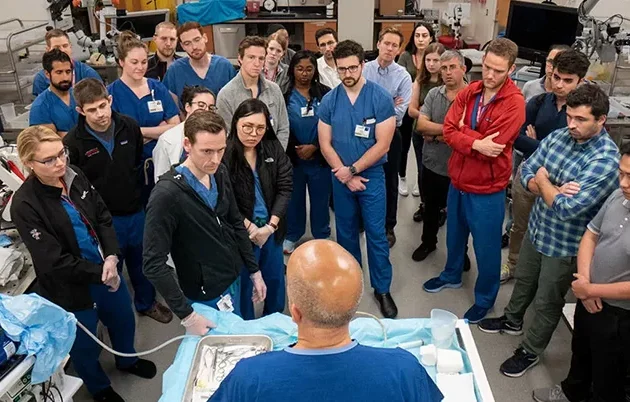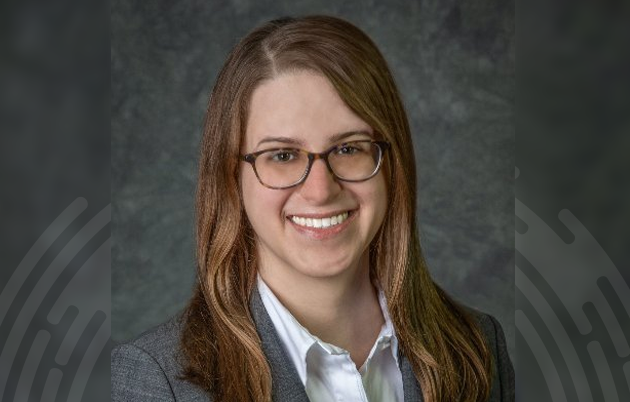First, a bit of history: The Wisconsin Partnership Program was established as a permanent endowment within the University of Wisconsin School of Medicine and Public Health in 2004 with the mission to improve health and reduce health disparities in Wisconsin. It resulted from the conversion of Blue Cross/Blue Shield United of Wisconsin to a for-profit enterprise. In accordance with the Order of the Commissioner of Insurance, the proceeds from the sale of the company were distributed between the UW School of Medicine and Public Health and the Medical College of Wisconsin.
The Partnership Program has two governing committees: the Oversight and Advisory Committee and the Partnership Education and Research Committee. They are comprised of public members and faculty who are responsible for investing in community partnerships, education and research aimed at solving complex health challenges at the cellular, clinical and community levels. The Partnership Program’s innovative approach to grantmaking utilizes “gold-standard” processes of academic science, as well as community knowledge and input to provide the best possible investments for improving health in Wisconsin.
The success of the Partnership Program’s grant programs and ability to support innovative and exceptional work is based in part on its commitment to a robust review process that balances the confidentiality needs of academic scientists and community partners, with the public’s right to information.
Since its inception, the Partnership Program has adhered to a review process that is tightly aligned with that used by the National Institutes of Health, as well as other public funders and academic institutions. This includes a confidential, rigorous multi-step review process conducted by content experts, and further review, discussion and decision making by the governing committees. In addition to peer reviews and rankings, final committee decisions are based on how each proposal aligns with the WPP’s strategic priorities and fits within the context of its total portfolio, taking into consideration factors such as geographic reach and potential impact.
Recently, the Partnership Program faced a court challenge that received attention in our local media related to the application of the requirements of the open meetings and public records laws to community grant applicants. Despite numerous affidavits from scientific experts across the country supporting the critical importance of maintaining the confidentiality of reviewer comments as part of a gold-standard grant-review process, the Dane County court disagreed. The court declared that reviewer comments for community applications are public records and must be released to the public upon request.
The Partnership Program’s goal always has been, and continues to be, to honor the nature of the competitive review process and balance the public’s need for information, recognizing that the honest feedback of reviewers is vital to the grant process and ultimately to the success of the work.
It is clear that the Partnership Program’s approach to grantmaking improves health and advances health equity. For example, a research project recently identified a genetic link that makes Wisconsin Hmong residents more susceptible to the deadly fungal infection, blastomycosis, which could lead to new therapies; an innovative tele-ophthalmology program has increased diabetic eye screenings in rural Wisconsin; and a community initiative is piloting a recovery house model of opioid treatment and recovery in Richland and Iowa counties.
In addition, Partnership Program-funded grants to education initiatives within the School of Medicine and Public Health ensure that Wisconsin has a sufficient and highly skilled health care workforce, trained in the best approaches for preventing and treating illness, dedicated to serving urban and rural areas, and capable of addressing public health challenges at the population level. Going forward, it is our wish that the Partnership Program grant processes continue to both attract and allow for the rigorous sifting and winnowing necessary to move the very best proposals forward.
I remain excited about the future and the opportunities the Partnership Program has as a funder within the UW School of Medicine and Public Health. Our research grant programs will continue to advance scientific discovery. Our education initiatives will ensure our physicians and public health leaders are among the most well-prepared in the nation. The community partnerships we support will continue to address health challenges at the population level, with the goal of reducing health disparities and improving health across Wisconsin communities. We will continue to meet our responsibility as a funder by respecting both the integrity of our grantmaking process while honoring the public’s right-to-know under the Public Records Law.


